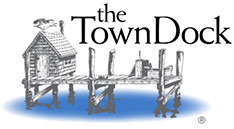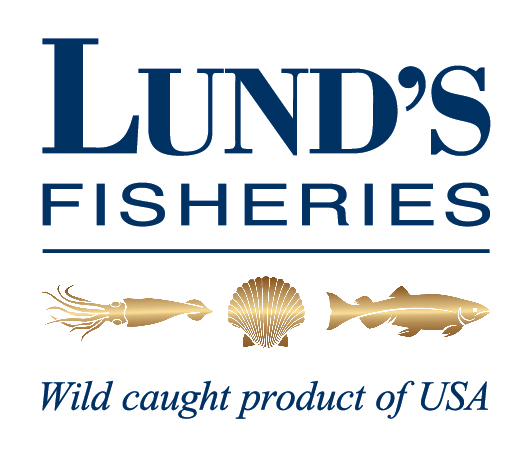August 23, 2023 — The U.S. Interior Department on Tuesday approved the construction of a 704 megawatt (MW) wind farm off the coast of Rhode Island, the fourth offshore wind project the agency has greenlighted as the Biden administration targets bringing 30 gigawatts of offshore wind power online by 2030.
The Revolution Wind project off Point Judith, Rhode Island, could power nearly 250,000 homes and create 1,200 local jobs during the construction phase, the Interior Department said.
Owned by wind energy developers Orsted (ORSTED.CO) and Eversource (ES.N), the project includes up to 79 possible locations for the installation of 65 wind turbines and two offshore substations.


